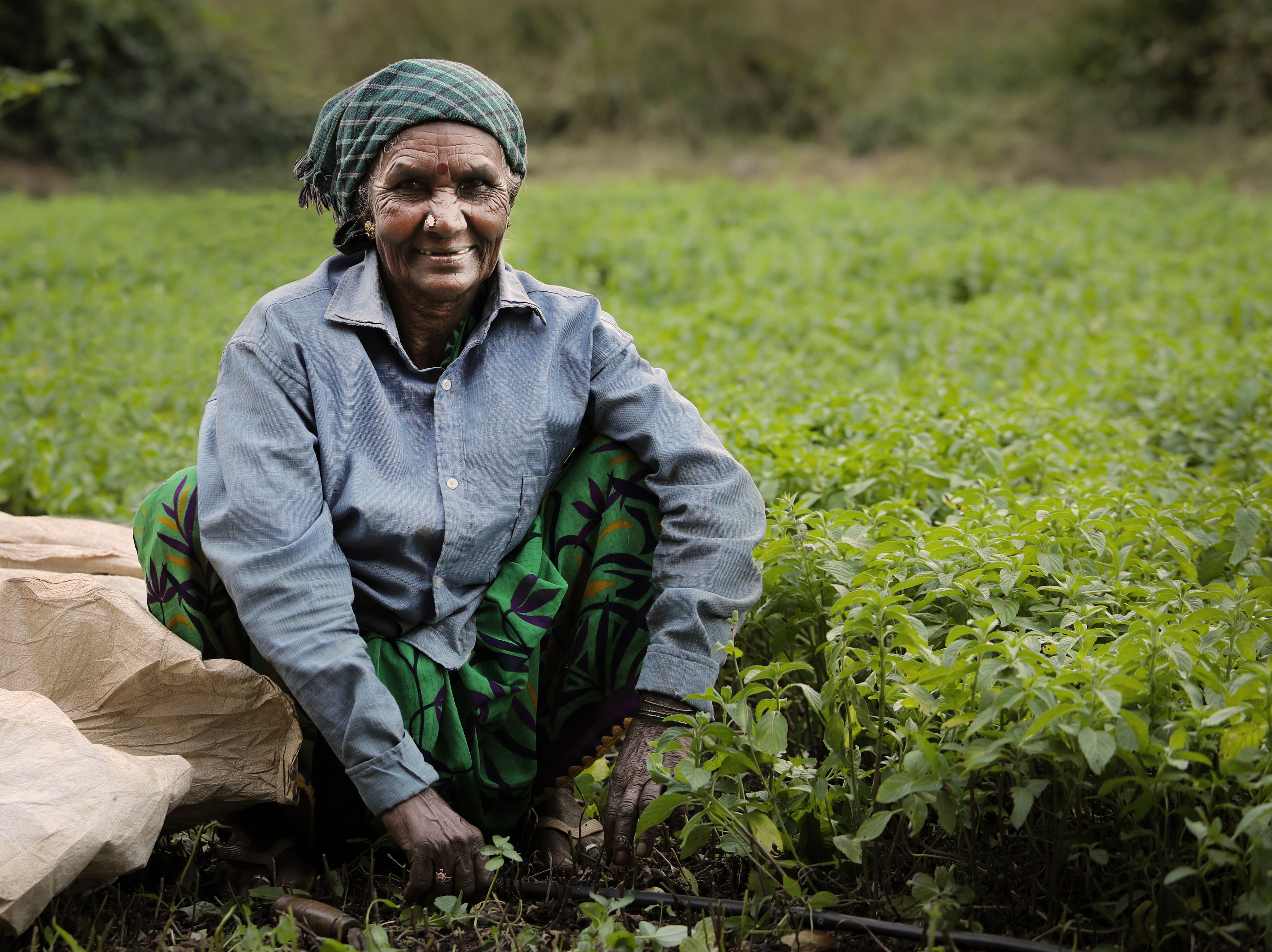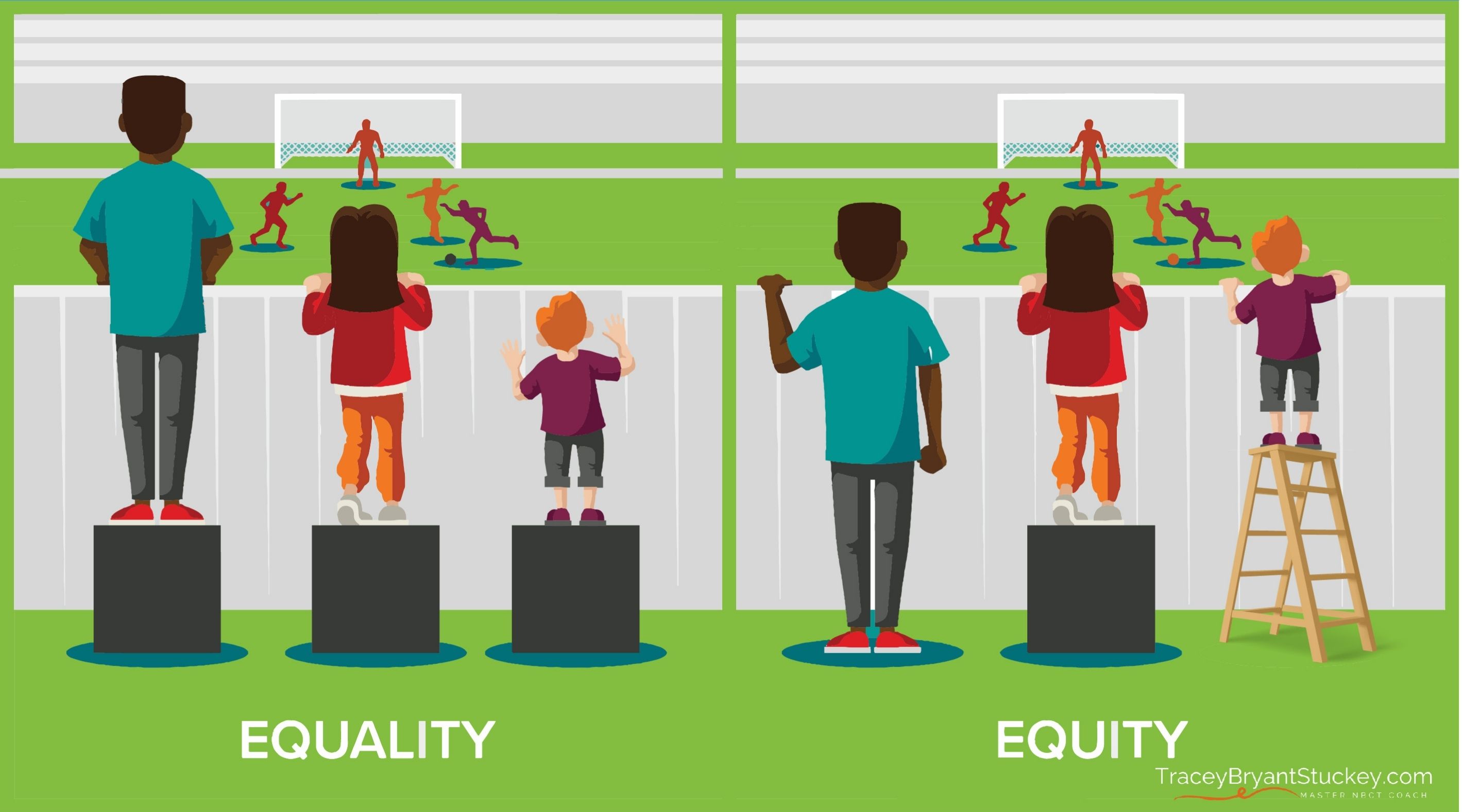Fair trade: Empowering Sustainable and Equitable Practices. What does it mean? And why is it important to us?

How Fair Trade Helps Women & Families - Source blog.mountainroseherbs.com
Editor's Notes: "Fair Trade: Empowering Sustainable And Equitable Practices" have published today date. Give a reason why this topic important to read.
To help you understand the basics of Fair Trade and why it matters, we've put together this guide. We'll cover what Fair Trade is, how it works, and what the benefits are for both producers and consumers.
Key Differences
| Traditional Trade | Fair Trade |
|---|---|
| Producers are often paid very low prices for their products. | Producers are paid a fair price for their products, which covers the cost of production and provides a living wage. |
| Producers have little control over the terms of trade. | Producers are involved in setting the terms of trade and have a say in how their products are marketed and sold. |
| Middlemen often take a large share of the profits. | Fair Trade organizations work to minimize the role of middlemen and ensure that producers receive a fair share of the profits. |
Transition to main article topics
FAQ
Fair Trade's commitment to empowering sustainable and equitable practices has garnered increasing attention. This section seeks to clarify common inquiries and misconceptions surrounding this important initiative.

Center for Ethical & Sustainable Business | Center for Ethical - Source cob.sfsu.edu
Question 1: What is Fair Trade?
Fair Trade is an alternative trading approach prioritizing the equitable distribution of benefits to all involved in the production and supply chain. It seeks to empower marginalized producers and ensure they receive fair compensation, safe working conditions, and access to sustainable farming practices.
Question 2: How does Fair Trade promote sustainability?
Fair Trade emphasizes environmentally friendly practices such as organic farming, biodiversity conservation, and water management. By empowering producers and providing them with incentives, Fair Trade encourages long-term sustainability and resilience in agricultural systems.
Question 3: How does Fair Trade address social equity?
Fair Trade prioritizes social welfare by ensuring decent working conditions, eliminating child labor, and promoting gender equality. It strengthens local communities and fosters economic development by investing in education, healthcare, and infrastructure.
Question 4: How can consumers support Fair Trade?
Consumers play a vital role by purchasing Fair Trade-certified products, which increases demand and incentivizes businesses to adopt ethical practices. Fair Trade labels on products guarantee that producers have met specific social and environmental standards.
Question 5: What are the benefits of Fair Trade certification?
Fair Trade certification verifies that products meet rigorous sustainability and equity criteria. It provides producers with a competitive advantage, enhances brand reputation, and opens up new market opportunities.
Question 6: What challenges does Fair Trade face?
Fair Trade faces challenges such as market price fluctuations, labor exploitation in non-certified supply chains, and the need for increased consumer awareness. Ongoing efforts are made to address these challenges and expand Fair Trade's positive impact.
Ultimately, Fair Trade is a collaborative effort that empowers producers, fosters sustainability, and promotes equity. By embracing Fair Trade practices, we contribute to a more just and sustainable global trading system.
Continue reading to explore specific Fair Trade initiatives and their impact.
Tips
As Fair Trade: Empowering Sustainable And Equitable Practices continues to gain traction, there are several practical tips that can help empower sustainable and equitable practices:
Tip 1: Prioritize products with Fair Trade certification
Look for products that bear recognized Fair Trade certifications, such as those from Fairtrade International or the World Fair Trade Organization. These certifications indicate that the products have been produced in accordance with fair labor standards, environmental practices, and community development principles.
Tip 2: Seek out local and small-scale producers
Supporting local and small-scale producers can strengthen local economies and reduce the environmental impact associated with long-distance transportation. Engage with farmers' markets, cooperatives, and small businesses that prioritize fair trade practices.
Tip 3: Read labels and ask questions
Pay attention to product labels and company information to learn about their ethical sourcing practices. Contact companies and ask questions about their supply chains, working conditions, and environmental commitments.
Tip 4: Educate yourself and others
Stay informed about Fair Trade issues, research organizations and initiatives, and share your knowledge with others. Raising awareness promotes greater demand for ethical products and encourages businesses to adopt sustainable practices.
Tip 5: Advocate for policy change
Support policies that promote Fair Trade and sustainability. Encourage governments and organizations to implement regulations that protect the rights of farmers and workers, and to incentivize businesses to adopt ethical practices.
By incorporating these tips, consumers can contribute to a more equitable and sustainable global marketplace.
Fair Trade: Empowering Sustainable And Equitable Practices
Fair trade empowers sustainable and equitable practices, fostering social justice and environmental conservation. Key aspects include:
- Empowering Farmers: Supporting small-scale farmers, ensuring fair prices and decent working conditions
- Environmental Protection: Promoting sustainable farming methods, reducing pesticide use, and preserving biodiversity
- Consumer Awareness: Educating consumers about fair trade principles, encouraging responsible purchasing choices
- Transparency and Traceability: Ensuring that products can be traced back to their origin, fostering accountability
- Economic Justice: Creating a fair and equitable global trading system, addressing power imbalances
- Sustainable Livelihoods: Promoting fair wages, decent working conditions, and improving communities' well-being

Creating a Safe, Fair, and Equitable Learning Environment - Source traceybryantstuckey.mykajabi.com
These aspects are interconnected, contributing to a comprehensive framework for fair trade. For instance, empowering farmers strengthens their bargaining power, leading to improved environmental practices and economic justice. Consumer awareness drives demand for fair trade products, supporting sustainable livelihoods and environmental protection. Fair trade practices foster transparency and traceability throughout the supply chain, empowering consumers and ensuring ethical sourcing.
Fair Trade: Empowering Sustainable And Equitable Practices
Fair trade is a global movement that promotes sustainable and equitable practices in the production and consumption of goods. It aims to ensure that producers in developing countries receive fair prices for their products, while also promoting environmental conservation and social justice. Fair trade standards cover a wide range of issues, including fair wages, safe working conditions, environmental protection, and support for local communities.
![]()
De 10 principes van Fair Trade « WFTO Europe - Source wfto-europe.org
The fair trade movement has grown significantly in recent years, and there is now a wide range of fair trade products available, including coffee, tea, chocolate, bananas, and clothing. Fair trade products are often more expensive than conventional products, but they provide a number of benefits, including:
By choosing to buy fair trade products, consumers can help to create a more sustainable and equitable global economy.
Conclusion
The fair trade movement is a powerful force for good in the world. It promotes sustainable and equitable practices in the production and consumption of goods, and it helps to create a more just and sustainable global economy. By choosing to buy fair trade products, consumers can make a real difference in the lives of producers in developing countries.
The future of fair trade is bright. The movement is growing rapidly, and there is increasing demand for fair trade products. As more and more consumers become aware of the benefits of fair trade, we can expect to see even more fair trade products available in the years to come.



